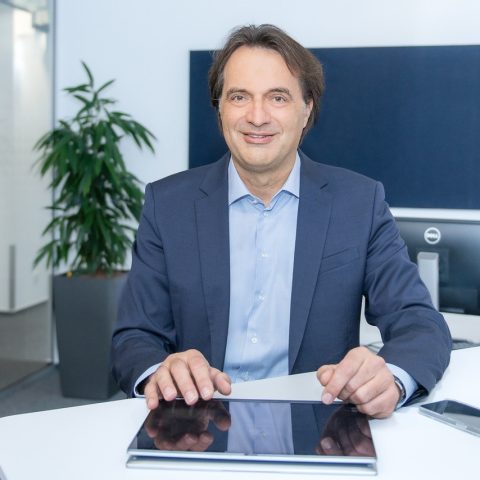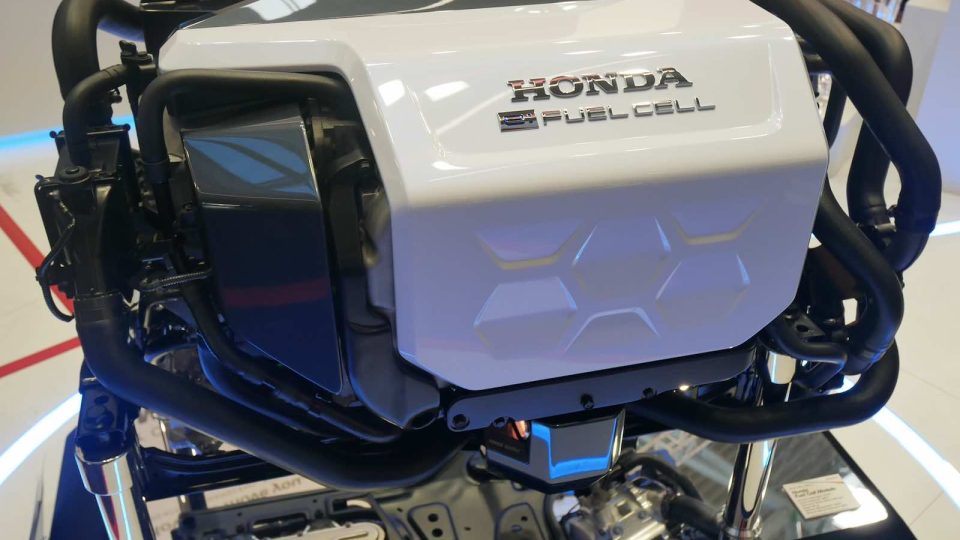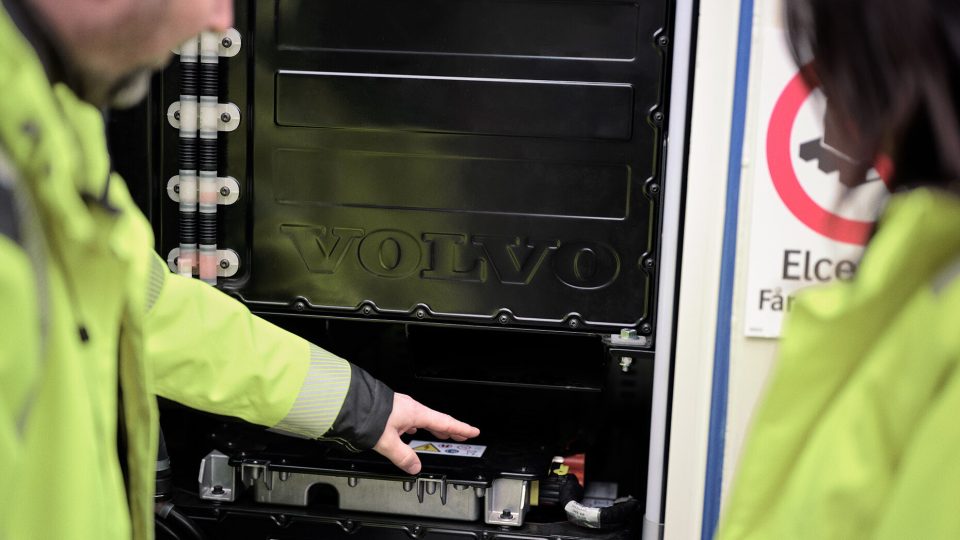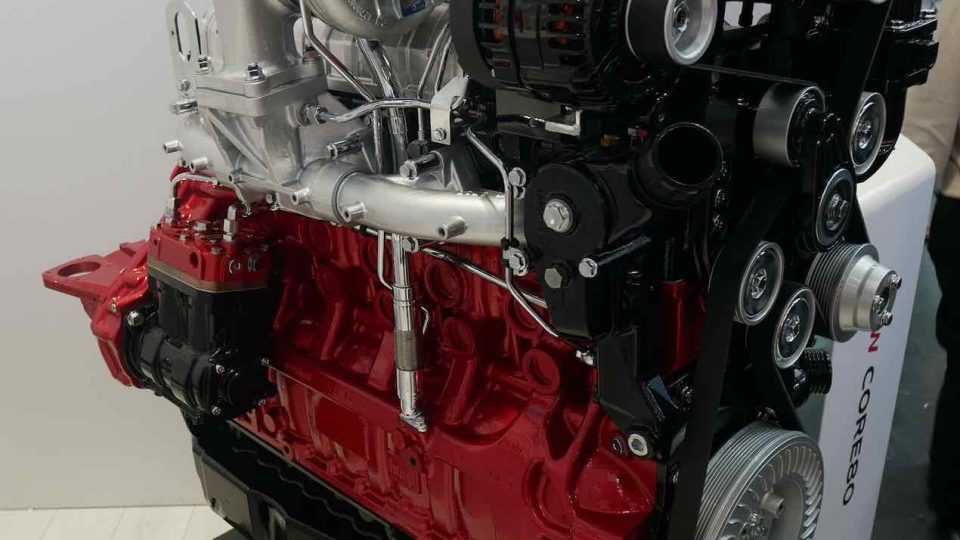Liebherr and the role of artificial intelligence
Digitalisation has become one of the main drivers of innovation and is among the Liebherr Group’s most important fields of research and development, as Heinz Klemm, managing director of the Liebherr Development Center (LDC), explains.

Digitalisation has become one of the main drivers of innovation and is among the Liebherr Group’s most important fields of research and development. As Heinz Klemm, managing director of the Liebherr Development Center (LDC), explains: “The ongoing transition to digital technologies allows us to make existing products and services more efficient and to gradually open up new business models.” Liebherr takes a comprehensive approach to digitalisation, implementing it across our product segments and throughout the entire customer journey. This includes a wide range of digital solutions, from analysis and automation to operation and maintenance. The digital transformation is being coordinated by the LDC, an internal competence center that develops and implements digital solutions across product segments and divisions.
The primary objective of developing digital solutions at Liebherr is to create added value for customers. “The fast and flexible exchange of information will play a major role on the construction sites of the future. That’s why we are working on digital solutions for an efficient interaction from machine to machine (M2M) and between human and machine (HMI),” says Heinz Klemm. One example of this is Liebherr’s cloud-based fleet management system, which enables real-time monitoring of machines, scheduling of maintenance cycles, and analysis of utilisation data. This system optimises resource utilisation and reduces downtime, leading to improved efficiency. Another valuable application is predictive maintenance, where machines collect and report data on their performance and condition, allowing early identification of potential problems before failures occur.
Artificial intelligence for more efficiency and security
Artificial intelligence plays a crucial role in Liebherr’s digitalisation efforts. AI enables the full potential of the Internet of Things (IoT) to be realised. For instance, IoT sensors installed on construction machines provide real-time data on their location, operating condition and potential faults. AI systems analyse this data and automatically issue warnings or make adjustments to minimise risks. Compared to manual monitoring, this approach is more precise and faster, significantly improving efficiency and safety on construction sites. Internally, AI technology is used in production and the Research and Development department, enabling automation of production processes and more precise quality checks. Real-time monitoring detects deviations and reports potential problems immediately, preventing production downtimes. In the Research and Development department, AI assists in the development of simulation and test scenarios.
Looking ahead, Liebherr remains committed to driving innovation. The company aims to further integrate AI and IoT into machines and work processes, developing systems that are even more autonomous and capable of optimising work processes in real time through self-taught algorithms. Liebherr also plans to expand its cloud infrastructure to efficiently process growing volumes of data and facilitate new data-powered business models. “Our goal for the near future is to develop systems that are even more autonomous, that optimise work processes in real time through self-taught algorithms, giving customers a high degree of efficiency,” explains Heinz Klemm.
Read also: Agritechnica: Liebherr and Reycom showcase an AI-ready IoT solution









